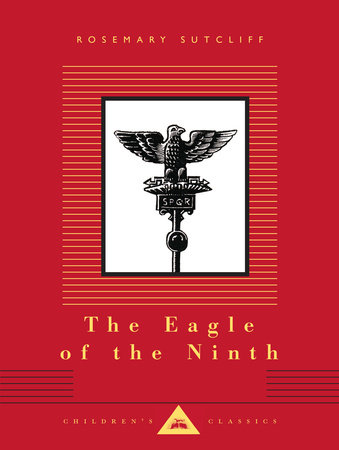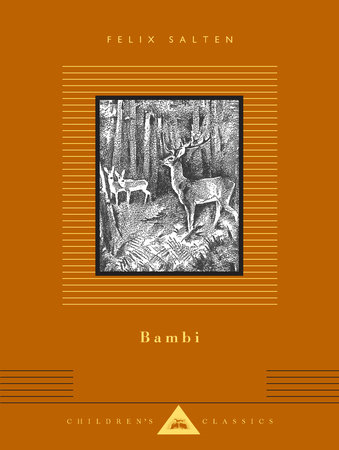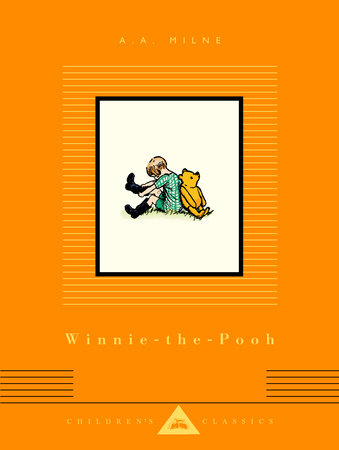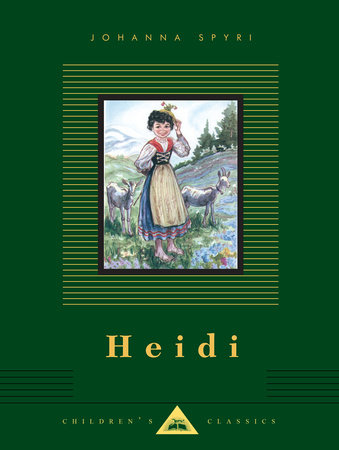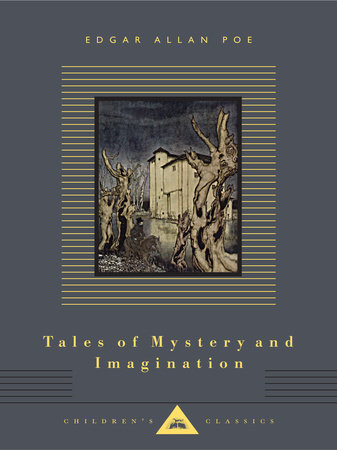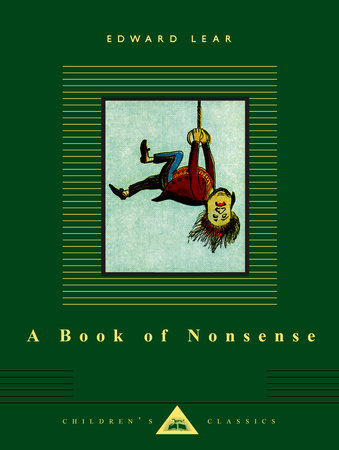Excerpt
The Eagle of the Ninth
I. FRONTIER FORT
From the Fosseway westward to Isca Dumnoniorum the road was simply a British trackway, broadened and roughly metalled, strehgthened by corduroys of logs in the softest places, but otherwise unchanged from its old estate, as it wound among the hills, thrusting farther and farther into the wilderness.
It was a busy road and saw many travellers: traders with bronze weapons and raw yellow amber in their ponies' packs; country folk driving shaggy cattle or lean pigs from village to village; sometimes a band of tawny-haired tribesmen from farther west; strolling harpers and quack-oculists, too, or a light-stepping hunter with huge wolf-hounds at his heel; and from time to time a commissariat wagon going up and down to supply the Roman frontier post.
The road saw them all, and the cohorts of the Eagles for whom all other travellers must make way.
There was a cohort of leather-clad auxiliaries on the road today, swinging along at the steady Legion's pace that had brought them down from Isca Silurium at twenty miles a day; the new garrison coming to relieve the old one at Isca Dumnoniorum. On they went, following the road that now ran out on a causeway between sodden marsh and empty sky, now plunged into deep boar-hunted forest, or lifted over bleak uplands where nothing grew save furze and thorn-scrub. On with never a halt nor a change of rhythm, marching century by century, the sun bright on the Standard at their head, and the rolling dust-cloud kicked up, over the packtrain behind.
At the head of the column marched the, Pilus Prior Centurion, the cohort Commander, the pride that shone from him showing clearly that this was his first command. They were, he had long since decided, a command worthy of anyone's pride; six hundred yellow-haired giants recruited from the tribes of Upper Gaul, with the natural fighting power of mountain cats, drilled and hammered. into what he firmly believed to be the finest auxiliary cohort ever to serve with the Second Legion. They were a newly joined cohort; many of the men had not yet proved themselves in action, and the spear-shaft of their Standard had no honours on it, no gilded laurel wreath nor victor's crown. The honours were all to win- perhaps during his command.
The Commander was a complete contrast to his men: Roman to his arrogant finger-tips, wiry and dark as they were raw-boned and fair. The olive-skinned face under the curve of his crested helmet had not a soft line in it anywhere- a harsh face it would have been, but that it was winged with laughter lines, and between his level black brows showed a small raised scar that marked him for one who had passed the Raven Degree of Mithras.
Centurion Marcus Flavius Aquila had seen little of the Eagles until a year ago. His first ten years had been lived quietly with his mother on the family farm near Clusium, while his father soldiered in Judaea, in Egypt, and here in Britain. They had been going to join his father in Britain, but before the time came for them to do so, rebellion had flared up among the northern tribes, and the Ninth Hispana, his father's Legion, had marched north to deal with it, and never came marching back.
His mother had died soon afterwards, leaving him to be brought up in Rome by a rather foolish aunt and the plump and purse-proud official who was her husband. Marcus had loathed the official, and the official had loathed Marcus. They saw everything with different eyes. Marcus came of a line of soldiers- one of those Equestrian families who, when the rest of their kind had turned from soldiering to trade and finance, had kept to the old way of life, and remained poor but held their noses high in consequence.
The official came of a line of officials, and his code of life was quite other than Marcus's. Neither of them had a shred of understanding for each other's ideas, and they had both been thankful when Marcus was eighteen and could apply for a centurion’s commission.
Marcus, his eyes narrowed into the sun as he marched, smiled to himself a little wryly, as he remembered how almost pathetically thankful that plump official had been. (Tramp, tramp, tramp, said the cohort's feet behind him.)
He had asked to be sent to Britain, though it meant starting in an auxiliary cohort instead of a line-of-battle one, partly because his father's elder brother had settled there when his own years of soldiering were done, but mostly because of his father. If ever anything became known of the lost Legion, it would be known first in Britain, and it might even be that here in Britain he would find out something for himself.
Marching down the Isca Dumnoniorum road in the run-honey evening light, he found himself thinking about his father. He had very vivid memories of a slight, dark man with laughter lines at the corners of his eyes, who had come home from time to time, and taught him to fish, to play 'Flash the Fingers', and throw a javelin. He remembered vividly that last leave of all. His father had just been appointed to command the First Cohort of the Hispana, which ·meant having charge of the Eagle and being something very like second-in-command of the Legion beside; and he had been like a jubilant boy about it. But his mother had been faintly anxious, almost as if she knew ...
'If it was any
other Legion!' she had said. 'You have told me yourself that the Hispana has a bad name.'
And his father had replied: 'But I would not have it any other Legion if I could. I held my first command in the Hispana, and a man's first Legion is apt to hold chief place in his heart everafter, be its name good or bad; and now that I go back to it as Firs~ Cohort, we will see whether there is nothing can be done to better its name.' He had turned to his small son, laughing. 'Presently it will be your turn. It has fallen on evil days, but we will make a Legion of the Hispana yet, you and I.'
Looking back across the years, Marcus remembered that his father's eyes had been very bright, like the eyes of a man going into action; and the light had caught suddenly in the great flawed emerald of the signet-ring he always wore, striking from it a spark of clear green fire. Odd how one remembered things like that: little things that somehow mattered.
(Tramp, tramp, tramp, came the sound of the cohort's feet behind him.)
It would be pleasant, he thought, if Uncle' Aquila was like his father. He had not met his uncle yet; after learning his foot-drill he had arrived in Britain in the sleety days of late autumn, and been sent straight up to Isca; but he had a rather vague invitation to spend his leave with him at Calleva, when he had any leave to spend. It would be very pleasant if Uncle Aquila was like his father.
Not of course that he and his uncle were likely to have much to do with each other. In a few years' time he would probably be serving in quite a different part of the Empire, since a cohort centurion seldom moved up all the way in the same Legion.
All the way ... from his present rank right up to his father's rank of First Cohort; and after that? For most of the men who got
so far there was nothing after that, but for the outstanding few who went farther- as Marcus intended to go farther- the ways divided there. One could become a camp commandant, as Uncle Aquila had done, or one could go on, by way of the Praetorian Guard, to try for command of a Legion. Legion Commanders were almost always men of Senator's rank, with no experience of soldiering save a year's service as Military Tribune in their youth; but by long custom the two Egyptian Legions were exceptions to the rule.
They were commanded by professional soldiers; and an Egyptian Legion had been Marcus's shining goal for as long as he could remember.
But one day, when he had finished with the Eagles, when he had made an honourable name and become Prefect of his Egyptian Legion, he would go home to the Etruscan hills, and perhaps even buy back the old farm, which the plump official had ruthlessly sold to defray expenses. For a moment he remembered almost painfully the sunlit courtyard flickered over with the shadow of pigeons' wings, and the wild olive-tree in the loop of the stream, on a twisted root of which he had once found a kind of gall growing, that was shaped something like a little bird. He had cut it from the root with the new knife his father had given him, and spent much loving care, all one absorbed summer evening, trimming and carving feathers on it. He had that little bird still.
The road topped a gentle rise, and suddenly Isca Dumnoniorum lay before them, with the fortress-crowned Red Mount dark with shadows against the evening sky; and Marcus came back to the present with a jerk. The farm in the Etruscan hills could wait until he was old and tired and famous; in the present was the glory of his first command.
The British town was spread below the southern scarp of the Mount; a sprawling huddle of reed-thatched roofs, every colour from the gold of honey to the black of dried peat, according to the age of the thatch; with the squared, clean lines of the Roman forum and basilica looking oddly rootless in their midst; and the faint haze of wood-smoke lying over all.
The road led straight through the town and up to the cleared slope beyond, to the Praetorian gate of the fort; here and there, crimson- or saffron-cloaked men turned to look at the cohort as it swung by, a look that was reserved rather than hostile. Dogs sat scratching in odd corners, lean pigs rooted among the garbage piles, and women with bracelets of gold or copper on very \vhite arms sat in hut doorways, spinning or grinding corn. The blue smoke of many cooking-fires curled up into the quiet air, and the savoury smell of many evening meals mingled with the blue reek of wood-smoke and the sharper tang of horse-droppings, which Marcus had by now come to associate with all British towns. Little that was Roman was here as yet, despite the stone-built forum. One day there would be straight streets, he supposed, and temples and bath-houses and a Roman way of life. But as yet it was a place where two worlds met without mingling: a British town huddled under the dominion of the turf ramparts where once the tribe had had its stronghold and now the Roman sentries paced up and down. He looked about him under the curve of his helmet as he marched, knowing that this place would be part of his life for the next year; then looked up to the turf ramparts, and saw a Roman banner drooping in the still air, and the tall crest of a sentry burning in the sunset, and heard a trumpet-call ring out, as it seemed, from the fiery sky.


